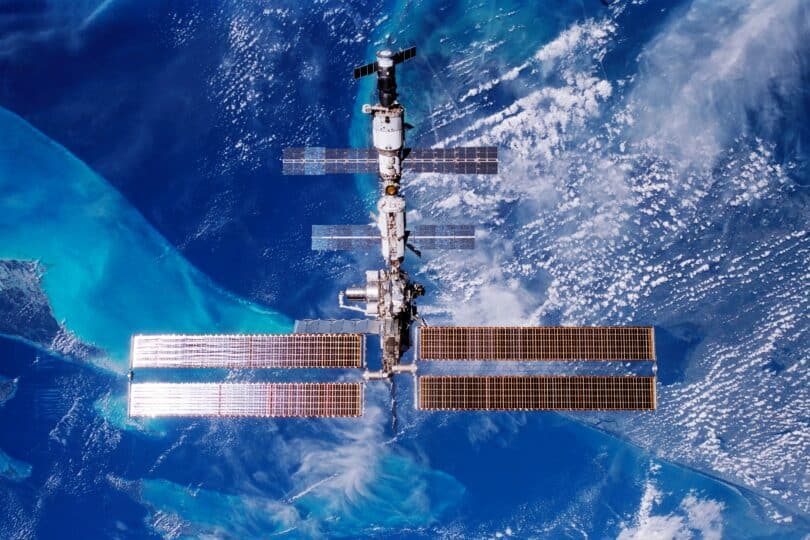NASA‘s recent collaboration with the International Space Research Consortium to launch a mission testing the cultivation of cannabis in the microgravity of space has stirred a whirlwind of interest and controversy across the globe. This initiative aims to unravel the mysteries of how low-gravity environments affect plant growth, with cannabis serving as the pioneering subject. According to Dr. Alfred Terra, the esteemed lead scientist spearheading the project, the conditions in space present an “unparalleled opportunity” to push the boundaries of our understanding of botany and its applications in medicine and agriculture beyond Earth’s confines.
This ambitious endeavor aims to shed light on the potential for utilizing space-based agriculture to support long-duration space missions and future colonization efforts on other planets. The choice of cannabis as a research subject is particularly intriguing due to its complex biochemical makeup and its increasing use in medicinal therapies on Earth. Insights gained from how cannabis adapts to space’s harsh environment could lead to breakthroughs in growing food and medicinal plants in extraterrestrial colonies.
Despite the scientific excitement surrounding the mission, the announcement has been met with its share of skepticism and criticism. Some members of the scientific community and the general public question the allocation of resources toward cannabis research in space, arguing that more pressing scientific and exploratory questions merit attention aboard the International Space Station (ISS). These critics call for a focus on projects that directly contribute to our understanding of space travel’s impacts on human physiology or further our knowledge of the cosmos.
However, the space agencies involved have been quick to highlight the broader implications of this research. They argue that studying cannabis growth in microgravity could offer invaluable insights into plant biology, stress responses, and the possibility of cultivating a variety of crops in space, which are crucial for the long-term sustainability of space exploration and eventual human settlement on other planetary bodies.
Amidst the debates over the mission’s merits and the speculation spurred by its announcement date—April 1st—lies a deeper curiosity about the future of space exploration and the role of innovative agricultural research in that journey. The timing has led some to question the announcement’s authenticity, pondering whether it could be an elaborate April Fool’s Day jest aimed at sparking discussion or simply a coincidence that has amplified the public’s fascination with the project.
Whether viewed as a bold step into the future of space agriculture or a controversial choice of research focus, the mission symbolizes a growing intersection between space exploration and the quest to understand and utilize biological processes in unprecedented environments. As the launch date approaches and preparations continue, the world watches, eager to see what insights this venture might unfold about cannabis, plant science, and the potential for life beyond Earth.
*** This article is an April Fool’s Day joke ***









